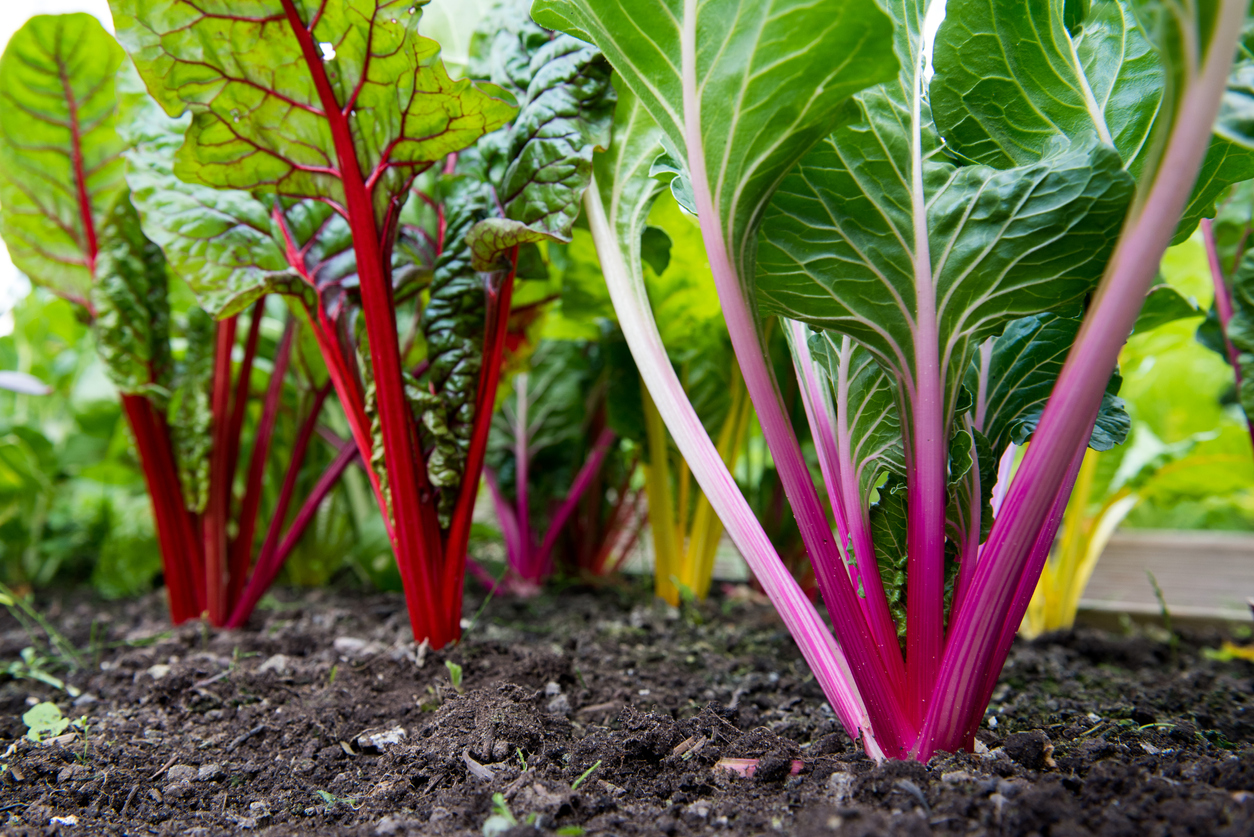When is the best time to fertilize plants in your vegetable garden? In truth, that’s a bit of a trick question. There are several factors that go into the fertilizer equation.
Some of those factors include the soil composition, whether your vegetables are in a container or the ground, how much a plant needs (squash, for example, are heavy feeders), and the kind of fertilizer you use. There are some general guidelines you can use to determine the best time to fertilize plants in your garden.
But first, you need to know what you’re working with. It’s important to test the soil in your garden so you know what nutrients may be lacking. That can give you some initial insight into the type of fertilizer your plants will need. If, for instance, your soil is high in nitrogen, and you use a fertilizer that’s also high in nitrogen, you risk burning your plants.
Since there’s no good way to get into all the different possibilities, when you fertilize your herbs, fruits, and vegetables, try to step back and look holistically at the entire situation. For now, though, let’s talk about fertilizers.
Discover 7 top tips for growing, harvesting, and enjoying tomatoes from your home garden—when you access the FREE guide The Best Way to Grow Tomatoes, right now!
Discover the best time to fertilize plants in your vegetable garden
Plant life existed for tens of thousands of years without help from us humans. Agriculture as a human activity has been around for about 12,000 years. For most of that time, there was no fertilizer as we know it. And yet, so many vegetables grew just fine. What does that have to do with the best time to fertilize plants? It’s actually one of the essential concepts in gardening: relax.
What I’m sharing with you here are general guidelines. You may find slightly different information elsewhere. You may worry that you’ve fertilized your vegetables too late or too early. The thing is, your plants will probably be just fine, as long as you don’t overdo it. Too much of a good thing is still too much of a good thing.
Now that we have that out of the way, let’s look at two different kinds of fertilizer. Liquid fertilizers tend to be more readily available to plants. They soak into the soil where plant roots can easily access them. These are ideal if you need to get a quick boost of nutrients to your veggies.
Dry fertilizers, like compost, usually need time to break down. They offer a slower, steadier feeding. It’s more of a long-term approach.
Within that, of course, there are all sorts of options, from fish emulsion to bone meal to compost tea to kelp to synthetic fertilizers. Compost is usually well-balanced, but if you buy fertilizer, you’ll see the NPK label (for nitrogen, phosphorous, and potassium). These numbers are presented as percentages. So a 10-10-10 fertilizer would be 10% each of nitrogen, phosphorous, and potassium, with the remaining 70% a mix of ingredients.
With organic fertilizers like compost and other soil amendments, the best time to fertilize plants is actually well before you have seeds or seedlings in the ground. Working compost into the soil in late fall gives nature time to work and create a nutrient-rich base for your vegetables the following spring. If you regularly amend your soil with rich compost, you may not need to fertilize at all.
However, if you do need to give your vegetables a little extra nutrition, the best time to fertilize plants is early on, just before you plant them and again before they start fruiting.
In many cases, a general-purpose vegetable fertilizer is sufficient. About a week before you plant or transplant, add fertilizer to your garden and water thoroughly to help the nutrients soak into the soil.
If you don’t fertilize before planting and decide that your garden needs a boost, wait a few weeks for the plants to get settled. We don’t want to shock our vegetables too much!
Then just before your vegetables start producing, give your plants another round of fertilizer. This will help supply them with the energy to produce abundant and healthy fruits.
When do you like to fertilize your vegetable garden? Let us know in the comments.
Discover 7 top tips for growing, harvesting, and enjoying tomatoes from your home garden—when you access the FREE guide The Best Way to Grow Tomatoes, right now!
